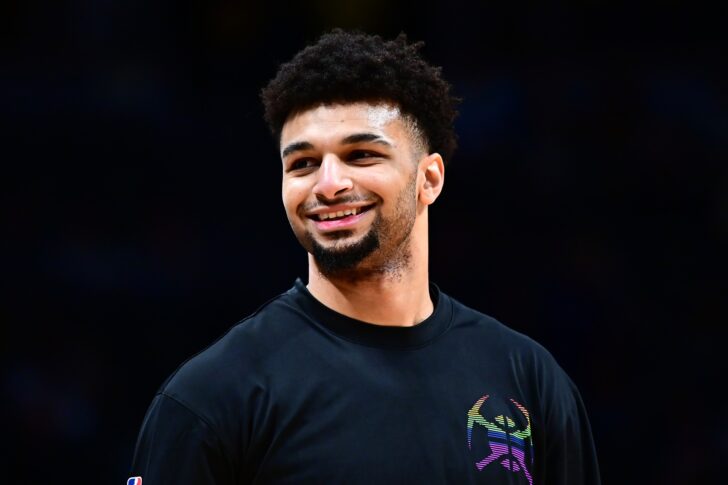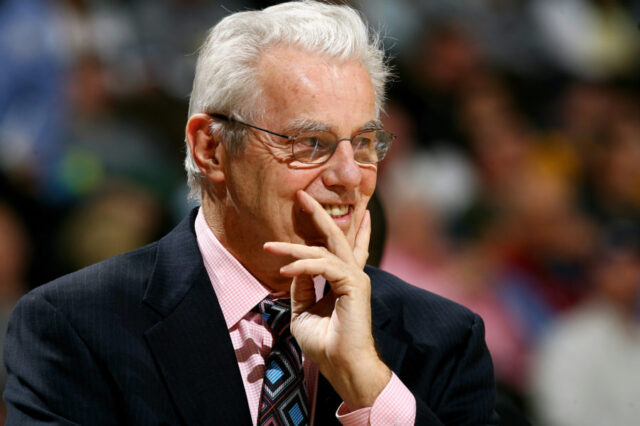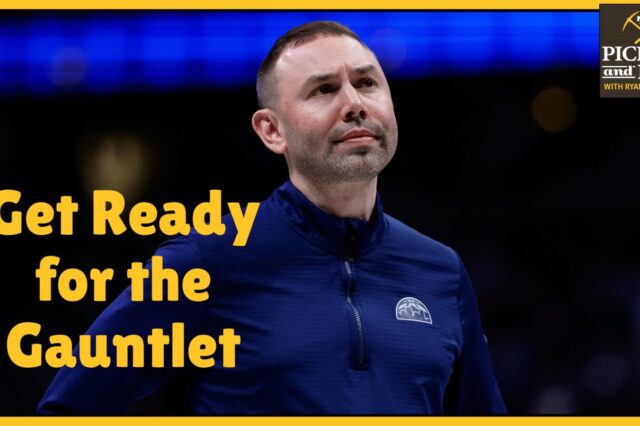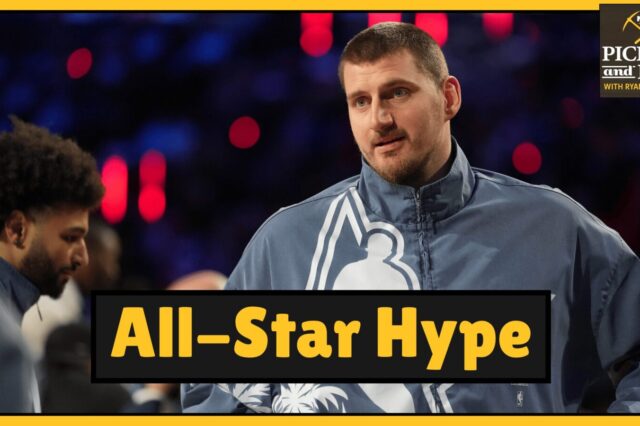Jamal Murray hasn’t played since last Thursday. Gary Harris shut things down after playing just 24 minutes against the Clippers January 12th. Paul Millsap hasn’t seen the floor since January 6th.
Sitting at 29-13, however, Denver owns the third-best record in the Western Conference. They’ve climbed the standings as a “relatively” healthy team this season. Harris has missed five games, Millsap 10 and Murray just two.
There’s no doubt, the Denver Nuggets are a better team with any or all of those players doing what they do best.
Friday night’s game at Golden State, however, represented the first time all three were out at once, and Sunday night’s game at home against Indiana served as an encore. The timetable for their return is somewhat unknown – Murray has had ankle issues in the past, Millsap might be starting to show his age and Harris is dangerously close to earning the moniker of “injury prone.”
The combination of Murray, Millsap and Harris averages just under 90 total minutes per game.
When healthy, we already know the Nuggets are capable of winning a lot of regular season games. If they stay relatively healthy, finishing amongst the top four teams in the West isn’t just conceivable, it’s expected.
But, when healthy, the Nuggets have not proven they’re a team that’s built for, or can win in, the postseason. Sure, they advanced past the first round of the playoffs last spring, but they couldn’t escape the Portland Trailblazers in the second round. At 18-26 on the season thus far, Portland looks less than pedestrian.
With a nice win total at this point in the season, the Nuggets can afford to lose a game or two – which is almost probable if Murray, Harris and Millsap are out simultaneously. Should the injuries linger and a few losses are suffered, the Nuggets still stand a decent chance of earning homecourt advantage in the first round of the playoffs.
To some extent, that doesn’t matter though. These Nuggets have bigger aspirations. After making that trip to the postseason last spring (for the first time since 2013), it’s advancing further that truly matters now.
And if the Nuggets are to go deeper into the postseason, they’ll need someone like Michael Porter Jr. to emerge before April. Up until now, Porter Jr.’s minute have come sparingly. With 90 minutes freed up from Michael Malone’s preferred starters, that’s a lot of time to send Porter Jr.’s way. And that’s a great thing, because the Nuggets haven’t exactly invested in his development – at least in terms of minutes this season – until now. Forced or not, Porter Jr. is now playing a key role in key games – that can’t hurt.
Porter Jr.’s talent has always been evident. Yes, he’s still raw, showing signs of greatness paired with flashes of inexperience – all to be expected by a rookie who’s seen limited action. But adding a talented and experienced Porter Jr. to the playoff roster this spring is akin to having signed a bigtime free agent or pulling off a megatrade.
But Michael Porter Jr.’s development is just the obvious benefit of having Murray, Harris and Millsap on the bench.
What about the future of Malik Beasley, who saw his first 30-plus minute game of the season on Friday night against the Warriors? Before then, Beasley averaged just 15.4 minutes per game in only 30 appearances (down significantly from his 23.2 mpg average last season). In over 39 minutes against Golden State, Beasley responded magnificently, scoring 27 points and shooting 56.3 percent from the floor (including 50 percent from beyond the arc). Last night against the Pacers in limited action (14 minutes), Beasley offered just two points and struggled shooting going 1-7.
The Nuggets seem to be all in on Harris, who’s currently in the second year of a four-year, $84,000,000 contract. But after watching Harris through game 42 – both playing and injured – and watching Beasley when he’s occasionally been given real minutes, it’s not necessarily obvious who’s the better two-guard. When healthy, Harris is an excellent defender. When asked, Beasley can score with the best of them.
It’s been widely speculated that Beasley’s time with the Nuggets won’t be long – he’s too good to play the same position as Harris on the same team. So, eventually, one of them has to go. Most believe it will be Beasley.
But should it be though? In his sixth NBA season, have we seen Harris’ ceiling? Are we just now scratching the surface of what Beasley, 23, can do given the opportunity?
What about Murray? Clearly, the Nuggets have identified him as a cornerstone of the franchise, as evidenced by his monstrous, five-year, $169,650,000 contract extension that kicks in next season. There’s no doubt that the 22-year-old Murray has shown flashes of being a true superstar. He’s also been extremely inconsistent this season, so much so that some have wondered if the Nuggets jumped the gun on offering him such a lucrative extension.
If Porter Jr. emerges as a star, would the Nuggets be more open to the idea of re-examining their “core” – or, more specifically, their backcourt? Does this stretch without Murray and Harris provide the Nuggets a snapshot of what their team could look like without them, thus truly determining their longterm value? Would the Nuggets be better off to build around All-Pro center Nikola Jokic and the hyper-upside of Porter Jr. rather than assuming Murray and Harris are key pieces to a title run?
Perhaps the current stretch won’t be long enough or telling enough.
Or, perhaps it could be eye-opening.
Either way, the dinged-up roster in Denver isn’t a bad thing. In fact, it’s the best thing that could have happened to the Nuggets.



